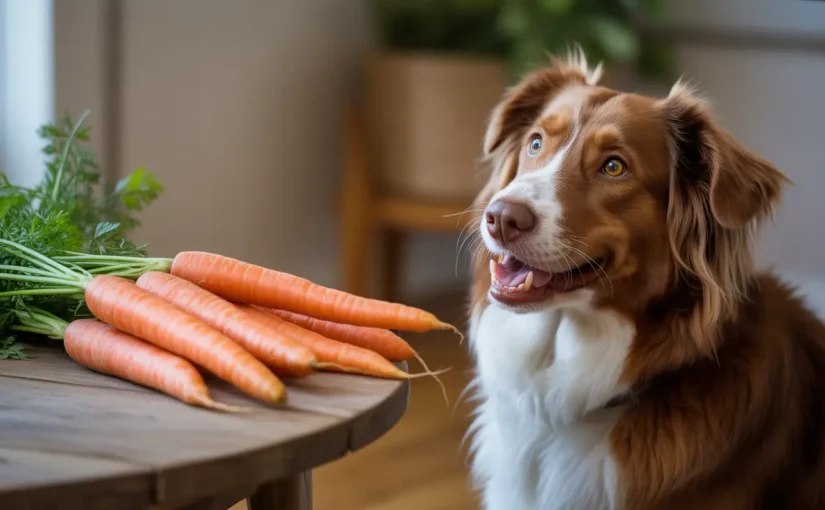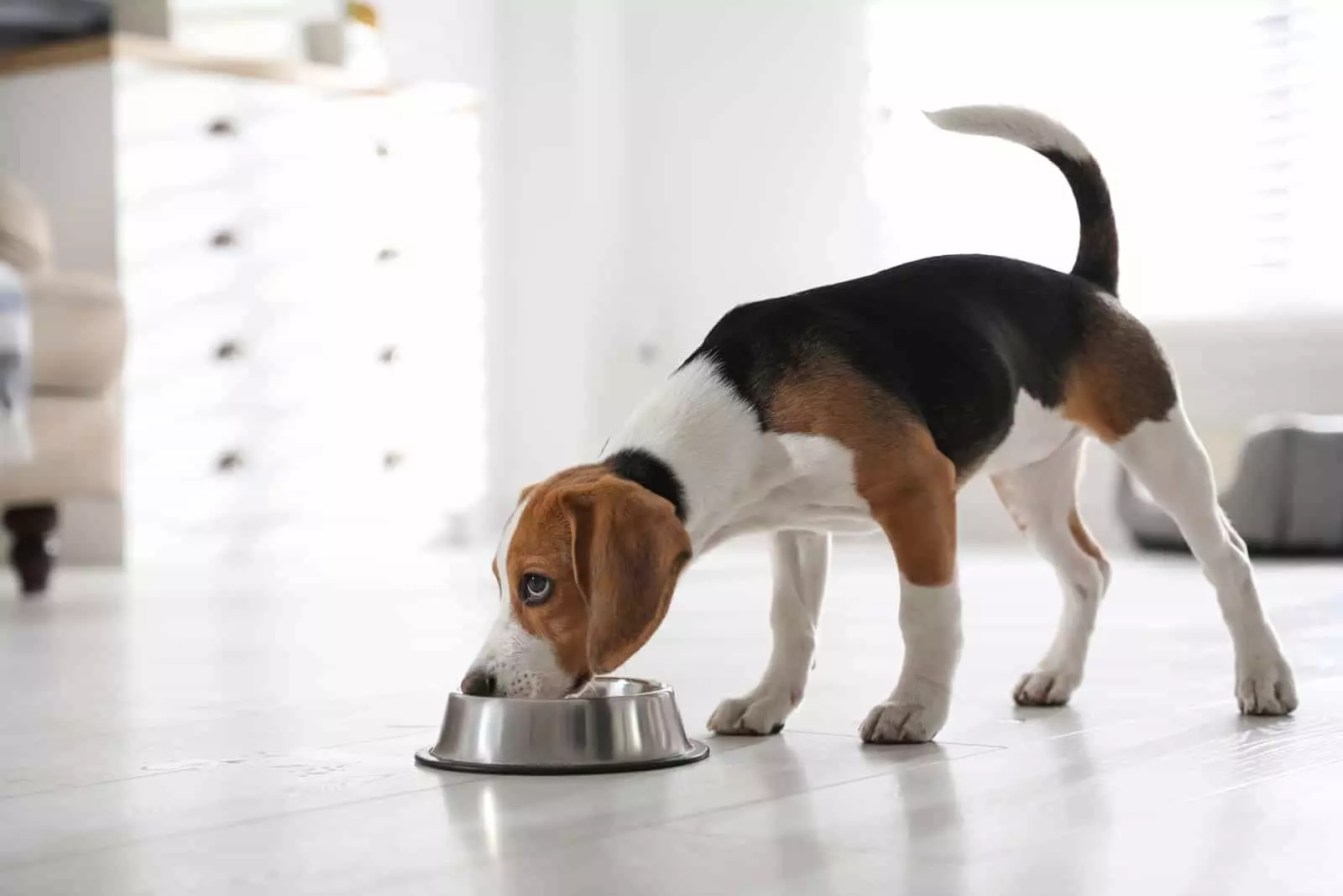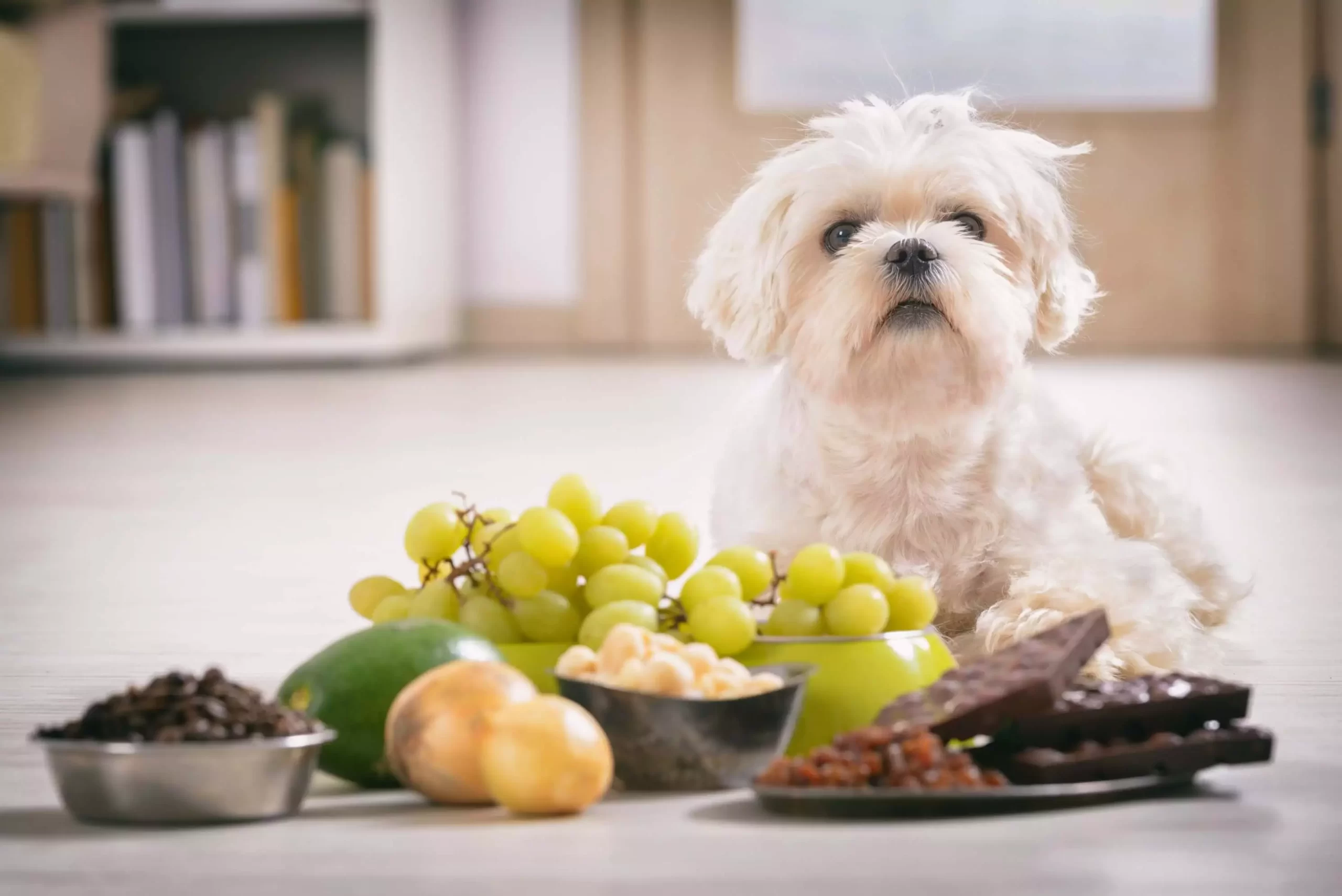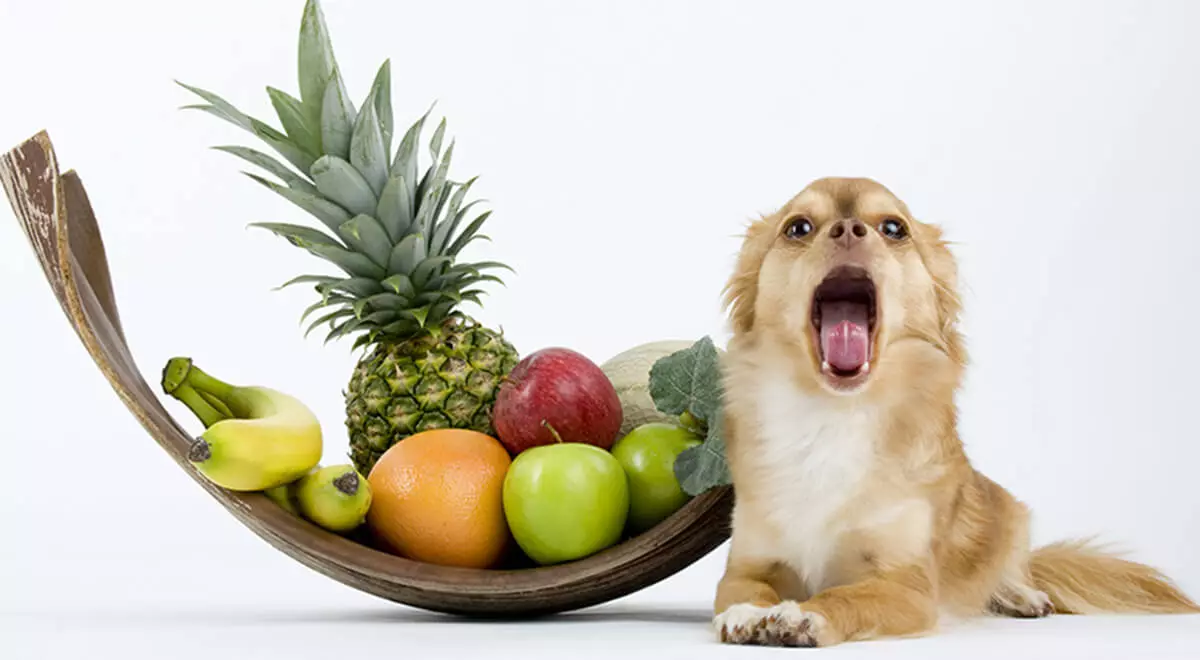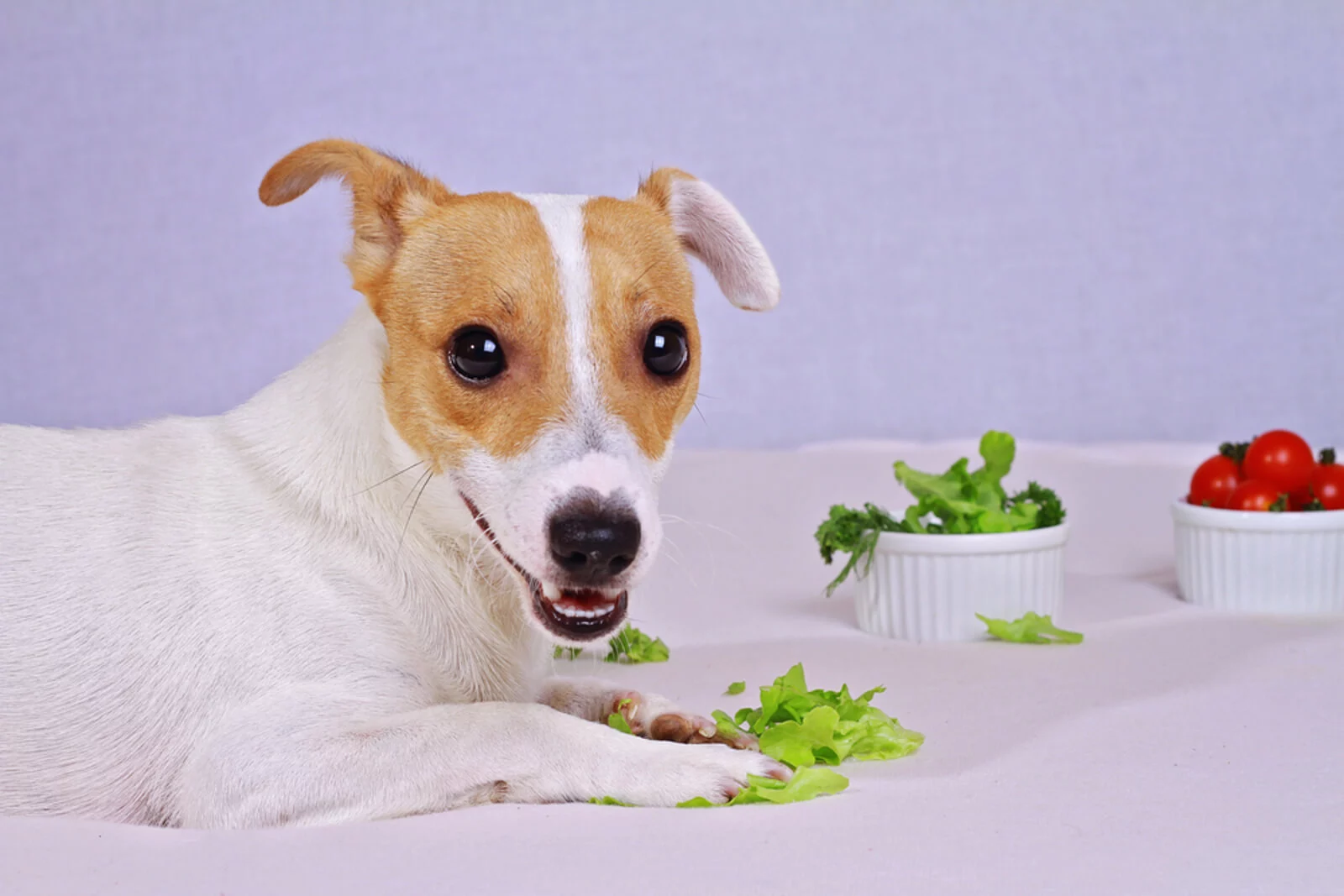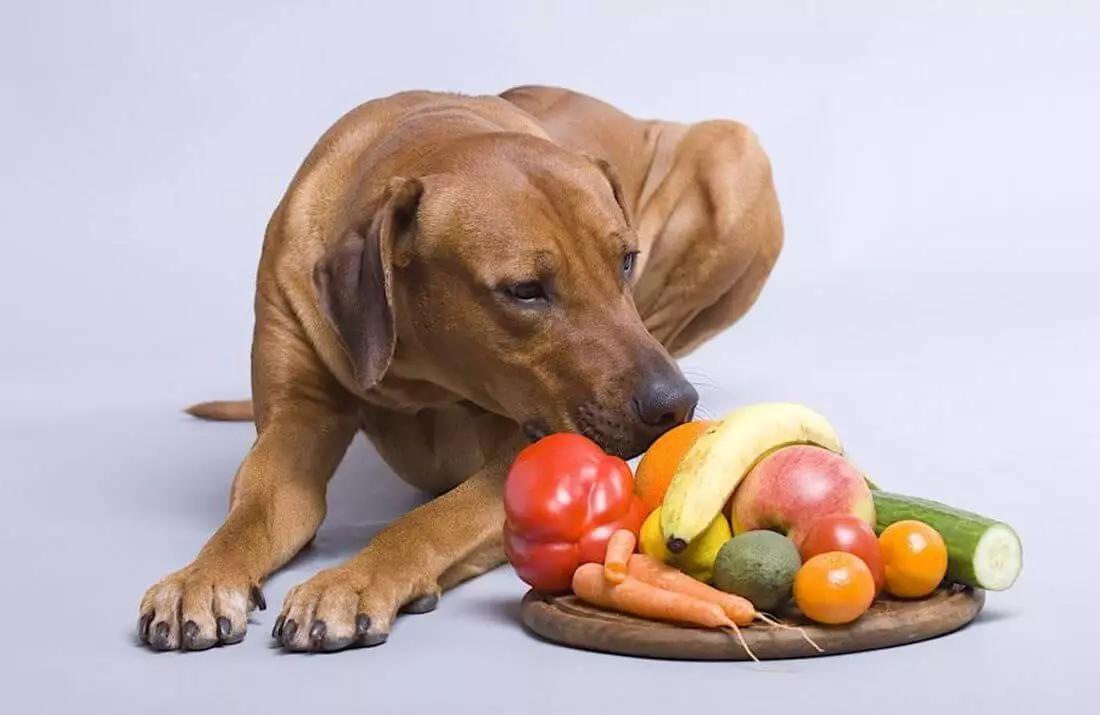Carrots are one of those crunchy snacks we often reach for when we want something light and nutritious. But if you’re a dog parent, you’ve probably wondered: Are carrots good for dogs? The short answer is yes — carrots can be a safe, healthy, and affordable treat for your pup when offered in moderation.
In this guide, we’ll look at the nutritional value of carrots, their health benefits, potential risks, safe serving methods, and how much is too much. Plus, I’ll share a real-life case study from a fellow pet parent who uses carrots as part of her dog’s daily routine.
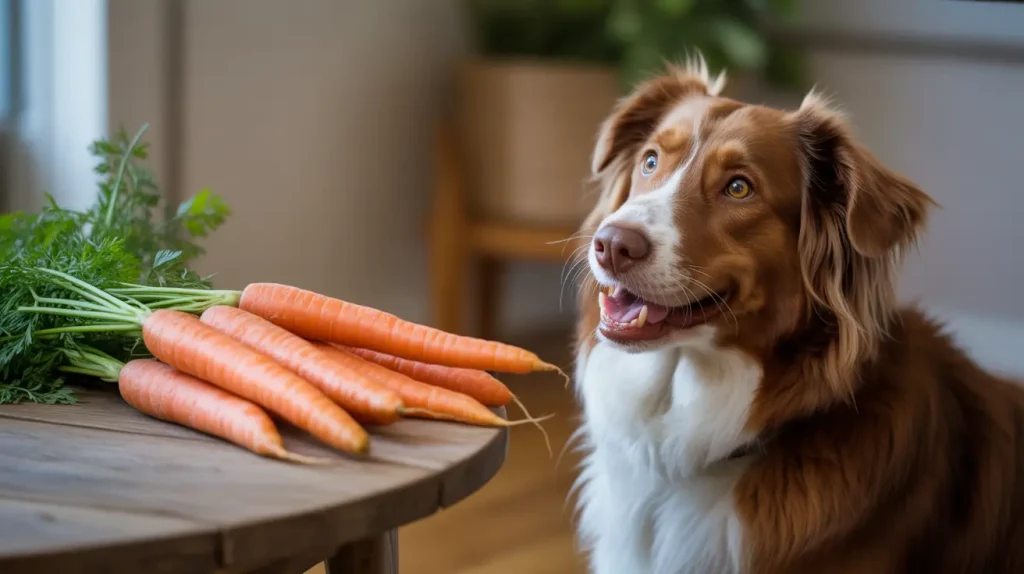
Content
Are Carrots Good for Dogs?
Carrots are considered one of the safest vegetables for dogs. Whether raw or cooked, they provide a variety of nutrients without adding excess calories or fat. Many veterinarians recommend carrots as a natural alternative to processed treats.
That said, just like with any food outside of your dog’s main diet, carrots should be fed in moderation. Overfeeding can cause digestive upset, and large chunks may pose a choking risk — especially for puppies.
Nutritional Value of Carrots for Dogs
Carrots pack a punch when it comes to nutrition. Here’s what makes them a great option for dogs:
- Vitamin A (Beta-Carotene): Supports eye health and immune function.
- Vitamin K & C: Helps with blood clotting and boosts overall immunity.
- Potassium: Promotes healthy muscles and nerve function.
- Fiber: Supports digestion and regular bowel movements.
- Low-Calorie & Low-Fat: Perfect for dogs that need a weight-conscious snack.
Because carrots are naturally sweet and crunchy, most dogs enjoy them without any extra flavoring or additives.
Health Benefits of Carrots for Dogs
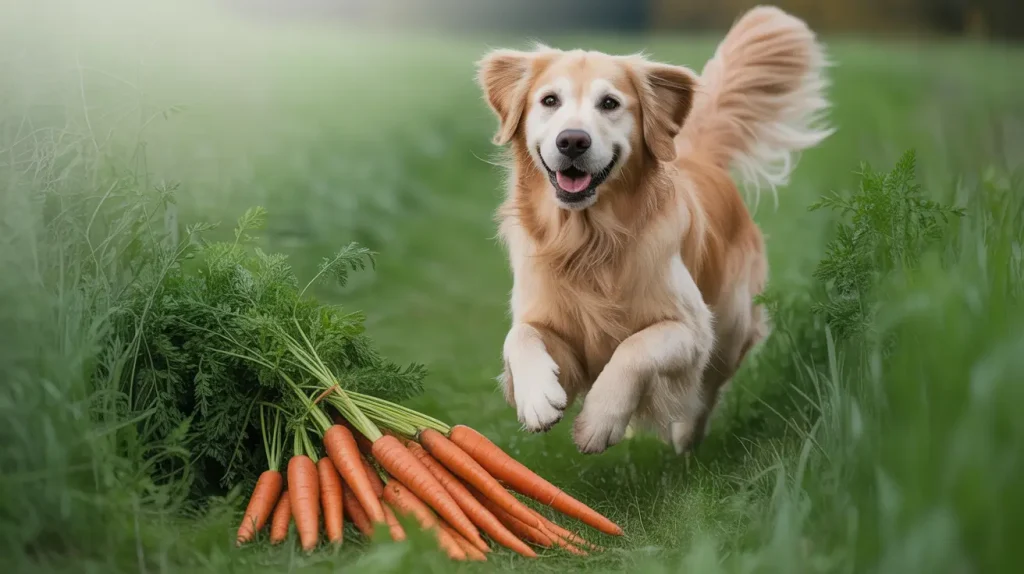
Carrots don’t just provide nutrients — they also offer practical health benefits that can make a big difference in your dog’s everyday life.
Eye and Vision Support
Carrots are loaded with beta-carotene, which converts into Vitamin A, known for supporting healthy eyesight. While it’s not a miracle cure for vision issues, it helps maintain overall eye health.
Dental Health
Crunchy raw carrots can act like a natural toothbrush, helping reduce plaque buildup on your dog’s teeth. Many pet parents use frozen carrots for teething puppies because the cold texture soothes sore gums.
Digestive Health
Carrots contain fiber, which supports digestion and helps with stool quality. This makes them a handy treat for dogs with occasional tummy troubles.
Weight Management
If your dog is overweight, carrots make an excellent low-calorie reward. They give the satisfaction of chewing without adding too many calories.
Are There Risks of Feeding Carrots to Dogs?
While carrots are safe, there are still a few things to keep in mind:
- Choking Hazard: Whole carrots or large chunks can be tough to chew and may cause choking, especially for small dogs or puppies. Always cut them into bite-sized pieces.
- Too Much Fiber: Excessive carrot consumption may lead to gas or loose stools. Moderation is key.
- Sugar Content: Carrots contain natural sugar. Although it’s far less than in processed treats, it’s still important not to overdo it.
How to Serve Carrots to Dogs
Dogs can enjoy carrots in many forms. The best method depends on your pup’s size, chewing habits, and preferences.
Raw Carrots
Raw carrots are crunchy and satisfying. They’re great for dental health but may be too hard for puppies or older dogs with sensitive teeth.
Cooked Carrots
Cooking carrots softens them, making them easier to chew and digest. Just be sure not to add seasonings, butter, or oil.
Baby Carrots and Frozen Carrots
Baby carrots are convenient, bite-sized snacks. Frozen carrots can be used as cooling chews for teething puppies or as a refreshing summer treat.
Carrot Puree or Homemade Treats
You can steam and puree carrots to mix with your dog’s food or bake them into homemade treats. This makes it easy to add nutrients without the choking risk.
How Much Carrot Can Dogs Eat?
Carrots should be treated as a snack, not a meal replacement. A good rule of thumb is that treats (including carrots) should make up no more than 10% of your dog’s daily calorie intake.
- Small breeds: A few slices or baby carrots per day.
- Medium breeds: Half a carrot or 3–4 baby carrots.
- Large breeds: Up to a full carrot, depending on size.
Always introduce carrots slowly and watch for digestive changes.
Alternatives to Carrots for Dogs
Carrots aren’t the only dog-friendly vegetable. Other safe options include:
- Green beans – low calorie and high in fiber.
- Cucumbers – hydrating and refreshing.
- Broccoli (in moderation) – packed with nutrients but can cause gas.
Important: Avoid grapes, onions, garlic, and raisins — all of which are toxic to dogs.
Real-Life Case Study: Max the Labrador
To make this more relatable, let’s look at Max, a 5-year-old Labrador owned by a family friend. Max was struggling with weight gain because he loved treats a little too much. His vet suggested swapping store-bought biscuits with fresh vegetables like carrots.
His family began giving him raw carrot sticks as training rewards and used frozen carrots to keep him busy during hot afternoons. Within a few months, Max not only shed a few pounds but also had noticeably cleaner teeth and fresher breath. His owners loved that carrots were affordable, healthy, and always available at the grocery store.
This shows how making a simple swap — like replacing high-calorie snacks with carrots — can improve a dog’s overall health and happiness.
Conclusion
So, are carrots good for dogs? Absolutely! They’re a safe, nutritious, and low-calorie snack that offers benefits for vision, dental health, digestion, and weight management. However, portion control is important to avoid digestive issues, and carrots should always be cut into manageable pieces.
From raw to cooked, baby carrots to purees, there are many ways to incorporate this vegetable into your dog’s diet. Just remember: moderation is key, and when in doubt, check with your veterinarian.
With their natural sweetness, crunch, and nutritional value, carrots can be one of the simplest — and healthiest — ways to show your dog a little extra love.
If your pup shows unusual eye redness or discharge, you may want to learn more about dog eye infection and how to manage it safely.
FAQs
Do carrots improve a dog’s eyesight?
Yes, carrots are rich in beta-carotene, which supports overall eye health.
Can carrots replace regular dog treats?
They can be used as a healthy, low-calorie treat but should not replace balanced meals.
Are carrots good for puppies?
Yes, in small amounts. Softened or finely chopped carrots are safer for puppies.
How do carrots support a dog’s teeth?
Chewing raw carrots helps reduce plaque buildup and keeps teeth cleaner.
Can carrots help with dog digestion?
Yes, their fiber content supports healthy digestion and firm stools.

Meet Max, the dog’s best friend. He’s a pup-loving pro, sharing tips on training, grooming, and adventures with our four-legged companions.

